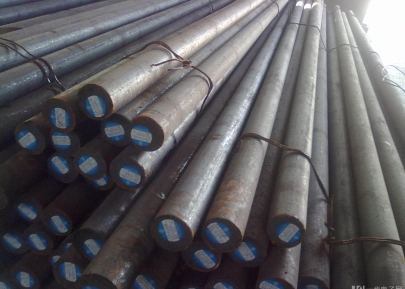Can Copper Effectively Block EMF? Exploring the Science Behind Electromagnetic Shielding
With the increasing prevalence of wireless technology, many people are becoming more aware of electromagnetic fields (EMF) and their potential effects on health. Among various materials touted for shielding, copper stands out as a popular choice. But, does copper really block EMF effectively? Let's delve into the science behind this assertion.
Understanding Electromagnetic Fields (EMF)
EMFs are generated by both natural sources and man-made technologies. These fields can be categorized into low-frequency (like power lines) and high-frequency (like Wi-Fi and 5G). The debate surrounding the health impacts of EMF exposure has left many seeking ways to mitigate these effects.
How Does Copper Work as an EMF Shield?
Copper has excellent conductive properties, making it a preferred choice for electromagnetic shielding. When EMF encounters a conductor like copper, it can be reflected, absorbed, or transmitted. Here's how it works:
- Reflective Properties: Copper can reflect a significant portion of EMF, preventing it from penetrating further.
- Absorption: It absorbs EMF energy, converting it into a small amount of heat.
- Grounding: Connecting copper to the ground helps dissipate the absorbed EMF energy safely.
Comparing Copper with Other Shielding Materials
While copper is a strong contender, it's essential to compare it with other materials:
| Material | Effectiveness | Cost |
|---|---|---|
| Copper | High | Moderate |
| Aluminum | Moderate | Low |
| Silver | Very High | High |
| Steel | Low | Moderate |
Does Copper Block 5G?
When it comes to high-frequency waves like those used in 5G technology, the effectiveness of copper remains robust due to its ability to reflect and absorb these frequencies. Adding layers of copper can improve shielding effectiveness, especially in densely populated areas of 5G antenna installations.
Benefits of Using Bare Copper Wire for Shielding
Bare copper wire is often favored for certain applications due to several advantages:
- Flexibility: It's easy to work with and can be molded into various shapes.
- Cost-Effective: Generally less expensive compared to other conductive materials like silver.
- Durability: Copper resists corrosion, ensuring long-lasting performance.
Key Points to Consider
When evaluating the use of copper for EMF shielding, keep in mind:
- The thickness and purity of copper can impact its shielding effectiveness.
- Shielding might require multiple layers for optimal performance, especially with high-frequency EMF sources.
- Grounding your copper shielding is crucial for maximum effectiveness.
FAQs
1. How do I know if my copper shielding is effective?
Using a spectrum analyzer can help measure the EMF levels before and after your shielding installation.
2. Can I combine copper with other materials for better shielding?
Yes, combining copper with other materials can enhance overall shielding effectiveness.
3. Is copper shielding safe?
Yes, copper is generally regarded as safe for use in homes and workplaces.
Conclusion
Ultimately, copper proves to be an effective material for blocking EMF, including higher frequencies like 5G. Its conductive properties make it suitable for electromagnetic shielding, offering a cost-effective solution that balances efficiency and durability. As technology advances, understanding and utilizing materials like copper will become increasingly vital in managing our exposure to EMF.



